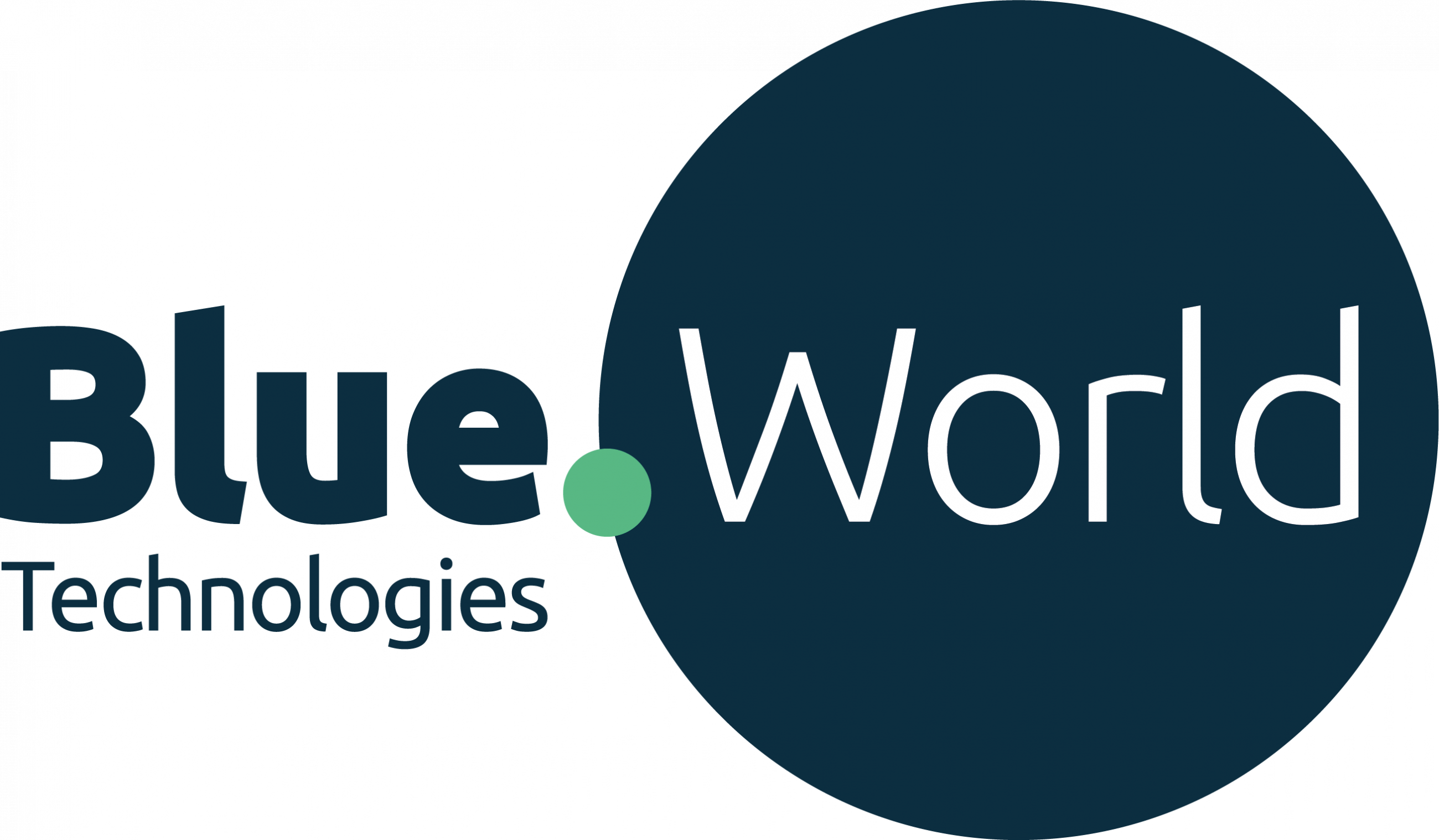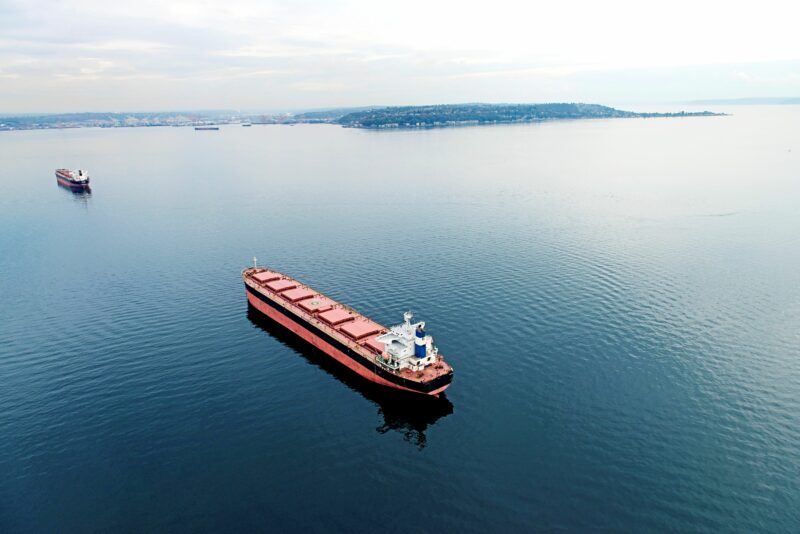News
Air pollution
Climate change adaptation
Energy efficiency in industry
Blue World Technologies is part of project submission for the IPCEI programme

The IPCEI programme – Important Project of Common European Interest – is a joint effort across the EU to strengthen the hydrogen value chain and push the green transition forward. A broad majority in the Danish Parliament have agreed to inject DKK 850 million into the Danish development of Power-to-X technology as part of the IPCEI programme.
Blue World Technologies participates as fuel cell technology partner in the Green CCU Hub Aalborg project where the company will develop and demonstrate fuel cell technology to enable efficient use of e-methanol for heavy-duty transport in the short term and for shipping in the long term. The primary project partners are REintegrate, a producer of e-methanol, European Energy, a power company with a focus on solar and wind, and Port of Aalborg as responsible for the site preparations and storage facilities.
The aim of the project is an annual production of 75,000 tons e-methanol, making it one of the largest production facilities of e-methanol in Europe while supporting the development of one of the largest test sites for methanol fuel cells in the world.
A green game-changer for heavy-duty transportation
Globally, 74.5 % of the CO2 emissions from the transportation sector comes from road vehicles. Therefore, the focus is increasing worldwide on new and better technologies to provide a solid alternative to the use of fossil fuels. Direct electrification and battery technology can to some extent be the answer, but to overcome the severe challenges with range and downtime for charging, especially within the heavy-duty sector, other technologies are also required. That is where the methanol fuel cells come into play.
The methanol fuel cells provide an electric engine with the required range and a fuelling with a liquid fuel providing the same convenience and flexibility as with fossil-based combustion engines. The fuel cell system eliminates NOx, SOx, and particle emissions, and using e-methanol based on renewable sources provides a net-zero CO2 emission benefitting both the climate and the environment.
"We are very proud to participate as a fuel cell technology partner in The Green CCU Hub Aalborg project. With the high electric efficiency, the fuel cell technology is key to enable the cost-effective use of e-methanol that is required for methanol to be able to compete with conventional fuels. This project covers the entire value chain from production of e-methanol, storage and fuel distribution to efficient utilisation, thereby, providing a wide prove of concepts supporting the roll-out of methanol as the future fuel for the transportation sector," explains Mads Friis Jensen, Chief Commercial Officer and Co-founder of Blue World Technologies.
The methanol fuel cell technology from Blue World Technologies provides high electrical efficiency of approximately 45 %, and internal water regeneration ensures a high energy density superior to that of battery electric and hydrogen fuel cell trucks. An essential factor in bringing the methanol fuel cells to a commercial level is the industrialisation of the technology, and Blue World Technologies is, therefore, in the process of setting up a large-scale production on the Port of Aalborg, Denmark. The factory is expected to reach an annual production capacity of 50,000 fuel cell units within the next three years.
Methanol is gaining momentum
The use of methanol as a liquid hydrogen carrier is globally gaining momentum, and the trend is also clear in the Danish IPCEI project submissions where three out of six projects have, to the full extent or partly, methanol as the end-product.
“Within the past couple of years, the focus has shifted from hydrogen to Power-to-X with methanol being one of the most promising candidates as the X. Many of the hydrogen projects we hear about from around the world actually have methanol as the end product. It is the same pattern we see here in the Danish IPCEI project submissions, where half of the projects have a focus on methanol,” says Mads Friis Jensen.
The use of hydrogen produced from renewable energy for e-methanol production addresses the significant market barrier for the development of a hydrogen market – the infrastructure. As methanol is liquid, it can with only minor upgrades, utilise the world’s existing infrastructure which includes large volume storage, distribution, and fuelling stations. Hence, it eliminates the major investments required to roll out infrastructure for pressurised hydrogen.
As it is possible for conventional combustion engines to run on methanol, fuel blends with up to 85 % methanol can be used for gasoline-driven vehicles in the transition phase. That provides an immediate CO2 reduction from the current fleet of vehicles, and thereby, accelerate the green transition while rolling out the even more environmentally friendly and efficient methanol fuel cells.
You should consider reading
solutions
Climate change adaptation
+4















